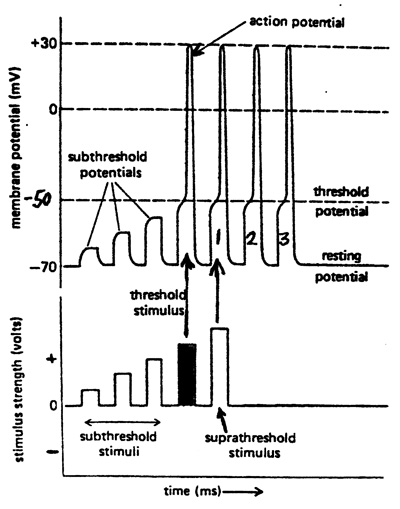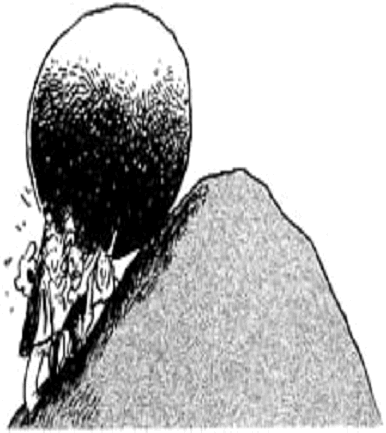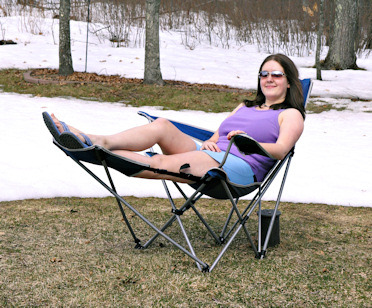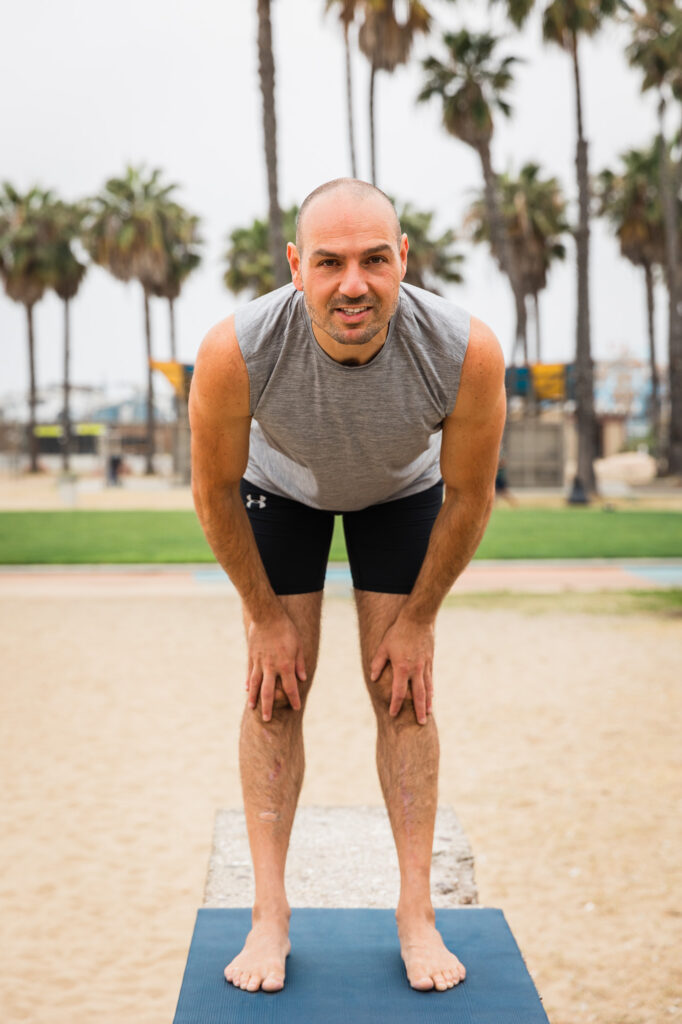Subthreshold, Threshold and Suprathreshold Stimuli

 In this graph to the right, we are shown a neuron and it shows how different intensities of stimuli affect the voltage changes. On the bottom of the graph we see stimuli: starting with a weak stimulus and slowly going to a stronger one. On the top we see our millivolts and when we give a really weak stimulus we have this small little response labeled subthreshold potential.
In this graph to the right, we are shown a neuron and it shows how different intensities of stimuli affect the voltage changes. On the bottom of the graph we see stimuli: starting with a weak stimulus and slowly going to a stronger one. On the top we see our millivolts and when we give a really weak stimulus we have this small little response labeled subthreshold potential.
That’s not an action potential, it’s called a “local response” or “local depolarization” or “subthreshold potential.” It depolarizes a little bit but it’s not an action potential because an AP is a complete reversal of the polarity of the cell and this is not a reversal yet. If we keep giving it a stronger and stronger stimulus, strong enough to pass the threshold potential, then it generates an action potential. This stimulus is called the threshold stimulus. The threshold stimulus is the weakest stimulus that could generate an action potential in a neuron.

Analogy: Imagine this guy wants to push a boulder up a hill to go over a cliff and he pushes it toward the edge and it rolls right back if he doesn’t get to the top. He needs to push it all the way over the edge and once it goes over, there’s no stopping it once, it’s going to go over that cliff. When we stimulate a neuron, enough positively charged sodium ions need to go into a cell to depolarize the membrane. A threshold stimulus increases the permeability of the sodium ion channels which caused the ion channels to open and enough of it rushes in that it leads to the reversal of the polarity of the AP.
What if the stimulus was stronger than a threshold stimulus, called a suprathreshold stimulus? Is there any difference in the outcome? Yes. Any stimulus greater than threshold stimulus increases the frequency of AP’s. See the suprathreshold stimulus in the graph generates THREE action potentials.
Analogy: If you put a grain of sand in a lake it’s probably not going to create a ripple. That’s like a subthreshold stimulus. If you drop a pebble in a lake to create one wave, that’s like your threshold stimulus. If you drop a heavy rock, you could get several ripples and that’s like a suprathreshold stimulus.
Another Analogy: If something tickles your nose but it’s not enough to make you sneeze, that’s a subthreshold stimulus. If something tickles your nose just enough to make you sneeze once, that’s a threshold stimulus. If something tickles your nose intensely and makes you sneeze three times in a row, that’s a suprathreshold stimulus.
Next learn how sensory information affects action potentials…






